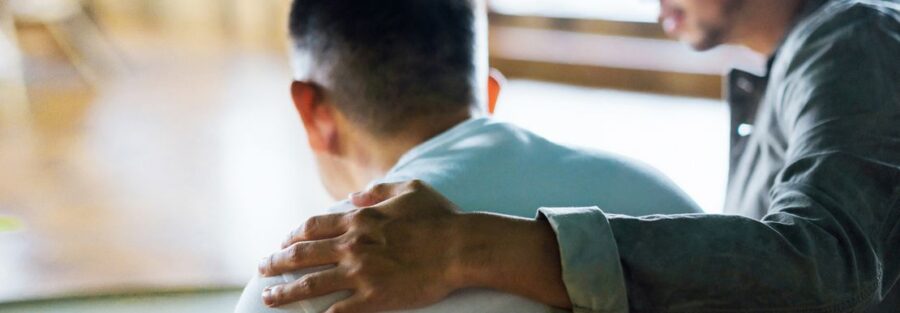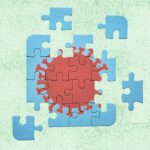For people with depression, going out and interacting with others — even loved ones — may feel overwhelming or even impossible.
Social withdrawal is common among people with depression — and those with the condition are less likely to socialize with others, even with people they’re close with, research shows.
But isolating from others can cause more problems for you, including feelings of loneliness, according to the Centers for Disease Control and Prevention (CDC).
Science Suggests the Link Between Depression and Loneliness Works Both Ways
Depression and loneliness appear to reinforce each other. The social withdrawal that often happens with depression can make you feel lonely, and that loneliness can lead to new or worsening depression, says the licensed psychologist James C. Jackson, PsyD, a research professor of medicine at Vanderbilt University Medical Center in Nashville, Tennessee.
“The more people get depressed, the more they isolate, a fact that heightens feelings of loneliness, which, in turn, worsens depression,” says Dr. Jackson. “It is often a vicious cycle.”
A study published in December 2020 in International Psychogeriatrics showed that among adults older than 50 in the United Kingdom who practiced mandatory social distancing in 2020 because of the COVID-19 pandemic, feelings of loneliness were associated with worsened mental health symptoms like depression.
“Among a cohort of older adults in the UK, there was a 29 percent increase in depressive scores of those that reported loneliness compared with those who did not report loneliness,” says Drew Maygren, DO, a psychiatrist at Kaiser Permanente in Oakland, California, who was not affiliated with the study.
Along with social withdrawal, other symptoms of depression like persistent feelings of sadness, emptiness, and hopelessness could also lead to loneliness, Dr. Maygren says.



